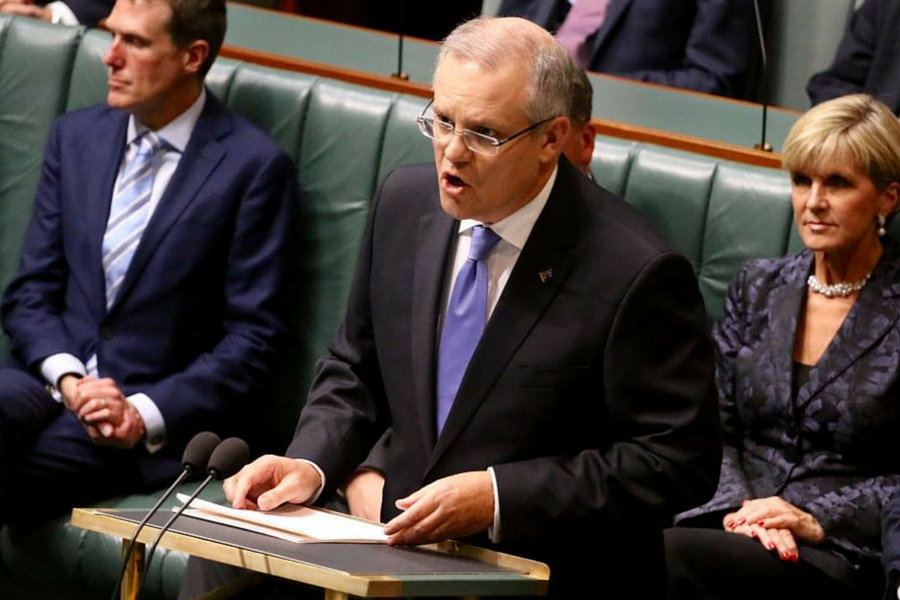Australian tech leaders have joined together to develop a submission in response to the government’s controversial Telecommunication and Other Legislation Amendment (Assistance and Access) Act 2018, or AA Bill.
Led by industry advocacy group StartupAUS, the submission has been developed in conjunction with and supported by leaders from the likes of Canva, Square Peg Capital, Atlassian, Girl Geek Academy, Freelancer, and more.
“It should come as no surprise to anyone within the startup or technology communities that we find the AA Act to be bitterly disappointing. Coming off the back of increasing concern about the R&D Tax Incentive, the Act, passed without amendment from both sides of politics, further indicates a political shift away from technology in Canberra,” StartupAUS stated.
“Of particular frustration is that this comes just as the startup sector is building considerable momentum and Australian technology businesses are enjoying real growth, starting to become genuine global players. At a time when we should be focused on supporting and promoting Australian technology, this legislation does just the opposite.”
Acknowledging that the repeal of the legislation entirely is outside the scope of the Parliamentary Joint Committee that has called for submissions, the signatories are instead focused on four of the “most egregious components” of the legislation that it believes need immediate correcting.
Firstly, the submission calls for the removal of the possibility for individual employees to be targeted. At the moment, the legislation allows for technical capability notices (TCNs) to target individuals.
StartupAUS believes that founders must be informed of what actions the government are taking in their businesses, and employees need to be able to inform their management of any government requirements of them, as well as seek legal advice provided by the company.
The submission is also asking for the legislation to reduce the breadth of organisations that my be targeted, stating that “the definition of a communications provider is so broad that it essentially encompasses any digital product on the internet”, calling it a “level of overreach [that] needs to be curtailed”.
The third area to be corrected is the lack of oversight on the Act. StartupAUS is calling for the inclusion of a “rigorous, objective, merits-based review” to ensure that the powers bestowed under the Act are being used appropriately.
Lastly, StartupAUS has called for lawmakers to reduce the broad basis for executing the powers of the Act.
“While the political narrative was that the Act was important for fighting paedophile rings and terrorists, the legislation allows for these powers to be used in the investigation of any crime with a maximum jail sentence of three years – essentially any non-trivial crime,” the submission states.
“In fact, the maximum penalty for unauthorised disclosure of information pertaining to this Act is five years jail time, qualifying it as a serious offence under the legislation. Far from being a critical tool in our most important moments, these powers will instead become part of the daily toolkit of law enforcement.”
Along with industry, the legislation has also come under fire from the likes of civil liberties groups and law experts, with the Law Council of Australia warning before its passing in December that Parliament should not rush “consideration of complex and unprecedented encryption access laws” and warned of the “very real risk of unintended consequences of not properly scrutinising the bill”.
Image: Scott Morrison. Source: abc.net.au.




















Trending
Daily startup news and insights, delivered to your inbox.